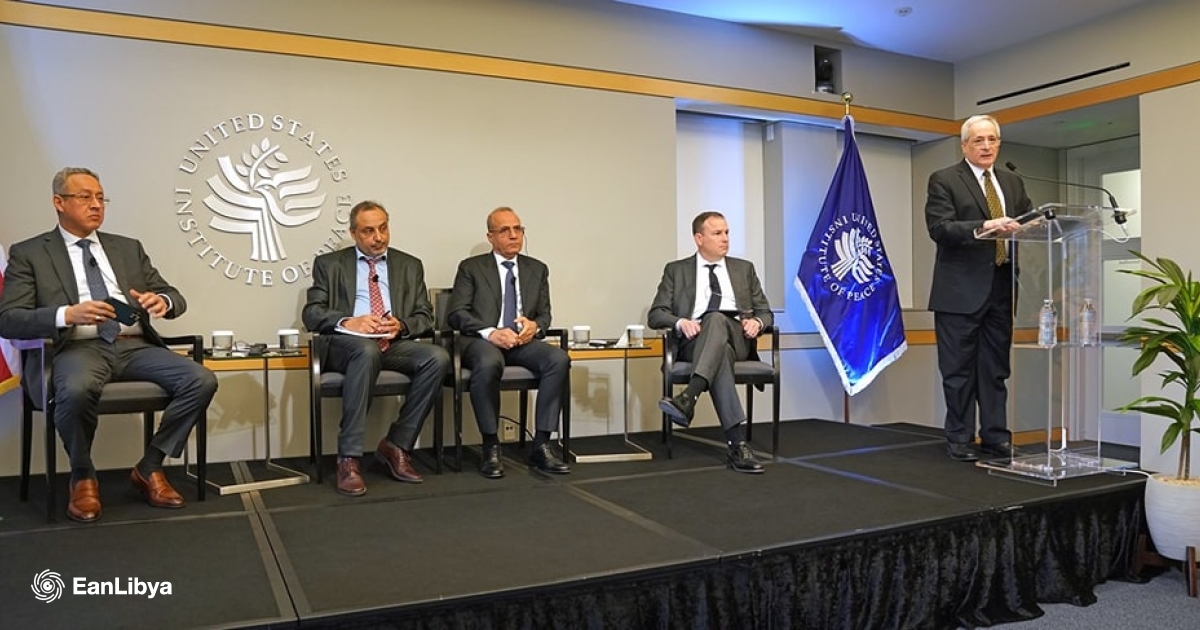In the fast-paced world of today, staying updated on the latest news events is crucial to understanding the state of the world. Among the top news stories of the day is the recent travel of the Deputy Emergency Relief Coordinator to Indonesia, Haiti, and Syria to assess the humanitarian situation there. In addition to this, the devastating impact of Tropical Cyclone Freddy continues to be a concern for many countries, and steps are being taken to address the resulting damage. In this article, we will delve deeper into these pressing issues and discuss their impact on the regions affected.
UN Official Visits ASEAN and Indonesia
Assistant Secretary-General for Humanitarian Affairs and Deputy Emergency Relief Coordinator, Joyce Msuya, has arrived in Jakarta, Indonesia, to hold discussions with the Association of South-East Asian Nations, or ASEAN. She is also scheduled to meet senior officials from the government of Indonesia, which holds the ASEAN chairmanship in 2023. Her visit is part of a UN delegation led by Assistant Secretary-General for Political and Peacebuilding Affairs and Peace Operations, Khaled Khiari.
Haiti Humanitarian Crisis Remains Challenging
Officials from the UN and its partner organizations have completed a two-day visit to Haiti to assess the worsening humanitarian crisis in the country. The team, composed of officials from OCHA, the UN Population Fund, UNICEF, UN Women, Concern Worldwide and World Vision, met with government officials, diplomats, and community representatives to discuss the challenges faced by communities that are affected by natural disasters, governance issues, and gang violence. The humanitarian agencies commended local NGOs for their efforts to provide relief and identified progress made in controlling the cholera outbreak. However, limited access to basic services in areas under the influence of gangs continues to be a major obstacle to recovery efforts. To help millions of Haitians, the 2023 Haiti appeal, calling for nearly $715 million, is expected to launch in the coming weeks.
UN Humanitarian Aid Delivered Despite Challenges in Syria
Despite the operational challenges faced by humanitarian workers in Syria, OCHA and its partners have so far reached out to over 1.2 million people with food aid, while more than 50,000 people have received emergency shelter support, 340,000 people have been provided with water, sanitation, and hygiene services, and health partners have supported 2.6 million medical procedures. The recently launched 2023 Syria earthquake appeal aims to raise $398 million to help more than 4.9 million people. The UN humanitarian agencies continue to grapple with the humanitarian crisis, as about 15 million people need aid due to the ongoing conflict and crises. The UN has noted that trying to rebuild essential services, including health and education, is essential for providing long-term solutions to the people of Syria.
Mozambique and Malawi Hit Hard by Tropical Cyclone Freddy
After Tropical Cyclone Freddy hit Mozambique and Malawi, the extent of the damage remains significant, with access to the affected areas remaining a challenge. Mozambique has reported that the cyclone has affected around 308,000 people, and the government continues to preposition and provide boats, fuel, food, and other supplies. In Malawi, over 88,000 people have been displaced across 165 temporary sites, and humanitarian agencies have called for solidarity from the international community in assisting the people affected by the floods. The UN has released $10 million from the Central Emergency Response Fund to support the response in Mozambique. Search and rescue services have also been scaled up by the Malawi government, the World Food Program, and the Malawi Red Cross Society, but difficult weather has hampered the efforts to provide relief.
Conclusion
Humanitarian crises are still affecting millions globally, and the UN and its humanitarian agencies are doing their best to provide essential services and aid in areas facing natural disasters, conflict, and poverty. From Mozambique to Haiti and Syria, the people affected by crises require continued support, including basic services and aid delivery, to get back to normalcy. The UN must continue efforts to provide long-term solutions, including working with governments and civil society organizations, to restore livelihoods, provide food security, and rebuild essential services.


